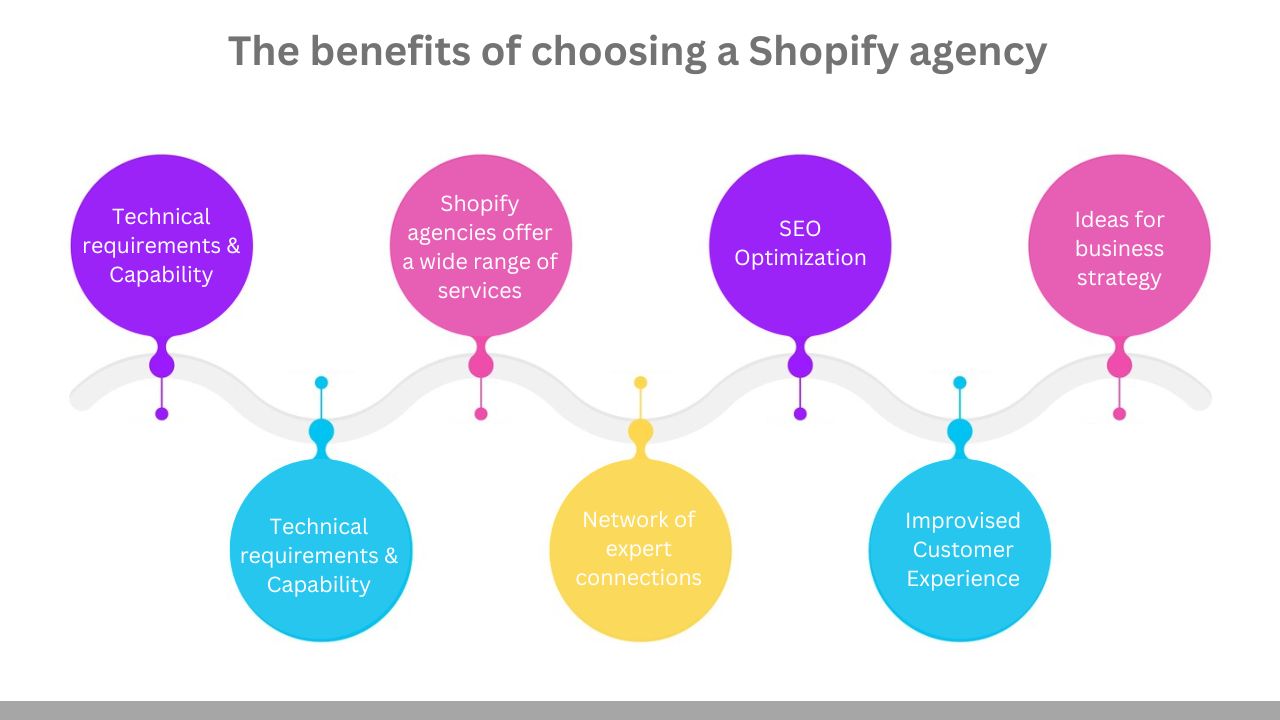Artificial Intelligence (AI) can be categorized into different types based on its capabilities, functionalities, and applications. The main types of AI are:
Based on Capabilities
Narrow AI (Weak AI):
Designed to perform a specific task or a narrow range of tasks. These systems are trained to perform a particular function and cannot generalize tasks.
Narrow AI is designed to perform a specific task or a narrow range of tasks, rather than exhibiting broad, human-like intelligence. It is focused on mimicking how humans perform basic actions like remembering, perceiving, and solving simple problems.
Narrow AI cannot generalize tasks and think independently like humans do. Narrow AI refers to AI systems designed for specific, limited tasks, in contrast to the broader, more flexible intelligence of hypothetical Strong AI or Artificial General Intelligence.
General AI (Strong AI):
Refers to AI systems that have human intelligence and abilities to perform various tasks. These systems are capable of understanding, learning, and applying across a wide range of tasks similar to how a human can adapt to various tasks.
General AI aims to replicate human-like intelligence and can perform any intellectual task that a human can do. It exhibits a broad range of cognitive abilities like reasoning, problem-solving, learning, and adapting to new situations.
General AI is designed to think and act autonomously, displaying intelligence that rivals or surpasses human capabilities.
General AI, while an ambitious goal, is considered a more achievable form of advanced AI compared to the hypothetical Super AI.
Super AI:
This type of AI surpasses human intelligence in solving problems, creativity, and overall abilities. Superintelligent AI develops emotions, desires, needs, and beliefs of its own and can make decisions and solve problems independently.
Super AI remains a hypothetical concept, as the development of AI systems that can truly surpass human intelligence in all areas is still an immense challenge and not yet a reality.
Super AI refers to a hypothetical form of AI that would surpass human intelligence in all areas. It would be capable of solving complex problems beyond human capabilities, learning, and adapting to new challenges in ways that exceed human intelligence.
Super AI represents the ultimate goal of AI research, aiming to achieve intelligence that exceeds human capabilities in every aspect, potentially addressing significant global challenges.
Based on Functionality:
Reactive Machines:
These machines are the most basic type of AI system. They can only react to the current situation and cannot form memories or make decisions based on past experiences.
Reactive machines exist in the present moment, only reacting to the world as it is in that precise instant, without any internal representation or perception of the world.
They have a limited set of pre-programmed rules and heuristics that they use to make real-time decisions and respond to changes in their environment. Reactive machines cannot learn or improve over time, as they will always respond in the same way to the same situation.
Active machines are the most basic type of AI systems that operate solely on immediate reactivity, without the ability to learn, adapt, or form memories, making them suitable for specific, well-defined tasks but limited in their overall intelligence and flexibility.
Limited Memory:
This type of AI learns from the past by observing actions or data fed to them to create experiential knowledge. Unlike reactive machines, limited memory AI learns from the past.
For Limited Memory AI to be sustained, the infrastructure requires machine learning to be built in, with continuous training on new data and automatic model updates based on usage and behavior. Active Learning, where the model gets feedback on its predictions and that feedback is used to retrain the model, is a common approach for deploying Limited Memory AI.
Limited Memory AI refers to AI systems that can store and use past data or experiences to inform their current decision-making.
These AI systems can temporarily store acquired experiences and use that information to take actions, unlike basic Reactive Machines that only respond to the immediate present.
Key techniques that enable Limited Memory AI include Reinforcement Learning, Long Short-Term Memory (LSTMs), and Evolutionary Generative Adversarial Networks (E-GANs).
These techniques allow the AI system to learn from past experiences and use that knowledge to improve its performance over time
Limited Memory AI represents a more advanced form of AI compared to basic Reactive Machines, as it can leverage past experiences and data to inform its current decision-making, enabling more complex and adaptive behaviors.
Theory of Mind:
This type of AI decision-making ability is adequate to the extent of the human mind but by machines. AI systems with a theory of mind can understand and simulate the mental states of other agents.
The Theory of Mind (ToM) refers to the ability to attribute mental states, such as beliefs, desires, knowledge, and emotions, to oneself and others to predict and explain behavior. It involves understanding that others have unique beliefs and desires that may differ from one's own, enabling individuals to engage in social interactions by interpreting mental states and inferring the behaviors of those around them.
ToM allows individuals to anticipate and predict the behavior of others by inferring states that are not directly observable, such as beliefs and desires, which are essential for effective social interactions and communication
Self-Awareness:
This AI involves machines that have human-level consciousness. These AI systems possess consciousness and self-awareness, but this is currently the stuff of science fiction and not yet a reality.
Self-awareness is the ability to recognize oneself as a separate entity from others and to assess one's thoughts, feelings, and beliefs. It involves understanding and reflecting on one's emotions, behaviors, and characteristics, which is crucial for building meaningful relationships, making wise decisions, and regulating inner conflicts and emotions.
Self-awareness can manifest in various ways, such as recognizing private self-awareness (realizing something about oneself that others might not be aware of) and public self-awareness (understanding how others perceive oneself).
These categories are not mutually exclusive, and AI systems can exhibit characteristics from multiple categories. The development of AI is a rapidly evolving field, and new types of AI are being explored and developed as research continues.
It plays a fundamental role in personal growth, allowing individuals to understand their wants and needs, and to navigate social interactions effectively by being attuned to their own emotions and behaviors.
The difference between narrow AI and general AI
The primary difference between Narrow AI and General AI lies in their capabilities and scope. Narrow AI, also known as Weak AI, is designed to perform specific tasks or a limited range of tasks within predefined boundaries. It excels in well-defined areas like image recognition, language translation, or speech recognition, but lacks the broader cognitive abilities and versatility of General AI.
On the other hand, General AI, also referred to as Strong AI or Artificial General Intelligence aims to replicate human-like intelligence and can perform any intellectual task that a human can do.
General AI possesses a broad range of cognitive abilities, including reasoning, problem-solving, learning, understanding natural language, and adapting to new situations across various domains and contexts.
While Narrow AI focuses on excelling in a particular area of expertise, General AI aims to replicate the adaptability and versatility of human intelligence.
General AI differs from super AI
General AI and Super AI differ primarily in their capabilities and scope of intelligence. General AI, also known as Strong AI or Artificial General Intelligence, aims to replicate human-like intelligence and can perform any intellectual task that a human can do. These systems exhibit a broad range of cognitive abilities, including reasoning, problem-solving, learning, understanding natural language, and adapting to new situations across various domains and contexts.
General AI is designed to think and act autonomously, displaying intelligence that rivals or surpasses human capabilities.
On the other hand, Super AI refers to AI that surpasses human intelligence in all areas. It is a hypothetical form of AI that is not yet achievable. Super AI would be capable of solving complex problems beyond human capabilities, learning, and adapting to new challenges. Super AI has the potential to perform any task that a human can do and more, potentially addressing significant global challenges like climate change, disease, and poverty.
Super AI represents the ultimate goal of AI research, aiming to achieve intelligence that exceeds human capabilities in every aspect.
In essence, while General AI aims to replicate human-like intelligence and abilities, Super AI goes beyond that to achieve intelligence that surpasses human capabilities in all areas, making it a more advanced and hypothetical form of artificial intelligence.

























